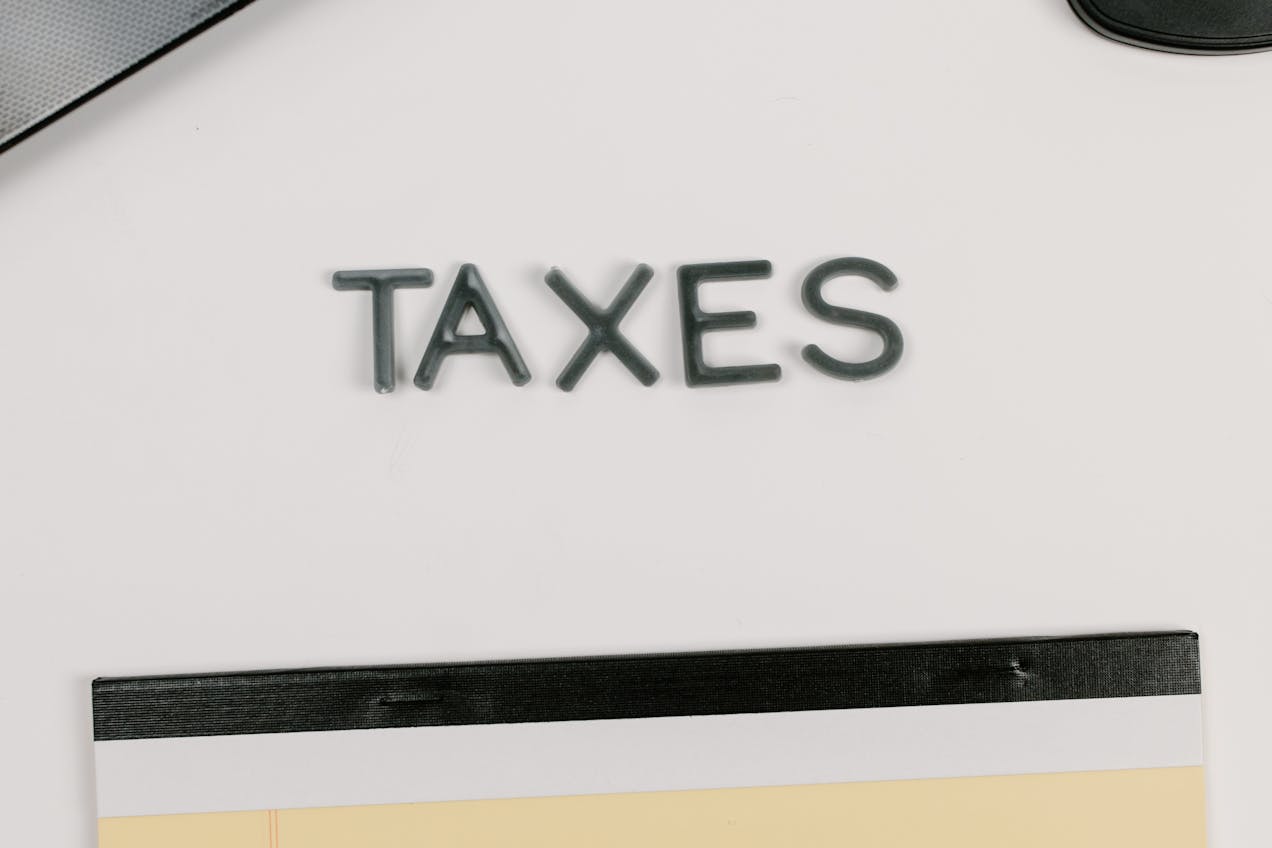
Foreign investors in U.S. businesses must prioritize IRS Form 5472 compliance. This form reports specific transactions between U.S. corporations and foreign shareholders, ensuring transparency in financial activities affecting U.S. taxation.
Understanding IRS Form 5472
IRS Form 5472 is essential for reporting transactions between U.S. corporations and related foreign parties, including monetary transactions, property exchanges, rents, royalties, license fees, and loans. This form helps the IRS monitor international financial activities impacting U.S. taxes.
Non-compliance with IRS Form 5472 can result in significant penalties starting at $25,000 per form, per year, which can quickly escalate. For foreign investors, this financial burden underscores the necessity of strict adherence to filing requirements.
Key Considerations for Foreign Investors
1. Determine Filing Requirements
Assess if your U.S. entities meet the filing requirements for Form 5472, typically involving significant transactions with foreign shareholders.
2. Maintain Detailed Records
Keep accurate records of all reportable transactions, including financial statements, contracts, and communications with foreign entities. Good record-keeping simplifies filing and avoids penalties.
3. Understand Reportable Transactions
Reportable transactions include:
- Sales and purchases of inventory
- Rents, royalties, and license fees
- Loans and interest payments
- Property exchanges
4. Leverage Professional Expertise
Engage tax professionals specializing in international taxation to ensure compliance and optimize your tax strategy.
Practical Tips for Compliance
- Use Accounting Software: Automate record-keeping to ensure accuracy.
- Regular Audits: Conduct internal audits to verify transaction documentation.
- Stay Informed: Keep up with changes in tax laws and IRS requirements.
Conclusion:
Compliance with IRS Form 5472 is non-negotiable for foreign investors in the U.S. It ensures that you avoid hefty penalties and maintain a transparent financial relationship with the IRS.
Have Questions?
For expert guidance tailored to your unique situation, contact our COO, Anshul Goyal, at anshul@kkca.io. Our team of licensed professionals is here to help you navigate these complexities with ease and confidence.
Disclaimer
This article is intended for informational purposes only and does not constitute legal, financial, or tax advice. The content provided herein is based on current tax laws and regulations, which are subject to change.
FAQs
1. What is IRS Form 5472?
IRS Form 5472 is used to report transactions between U.S. corporations and related foreign parties.
2. Who must file Form 5472?
U.S. corporations with significant transactions involving foreign shareholders or related foreign entities must file Form 5472.
3. What transactions need to be reported on Form 5472?
Transactions include sales, purchases, rents, royalties, loans, and property exchanges with related foreign parties.
4. What are the penalties for not filing Form 5472?
Failure to file accurately and on time can result in penalties starting at $25,000 per form, per year.
5. How can foreign investors ensure compliance with Form 5472?
Maintain detailed records, understand reportable transactions, and consult tax professionals specializing in international taxation.
6. When is Form 5472 due?
Form 5472 is typically due when the company’s tax return is due, including extensions.
7. Can accounting software assist with Form 5472 compliance?
Yes, robust accounting software can automate and streamline the record-keeping process, ensuring accuracy.
8. What documentation should be kept for Form 5472?
Maintain financial statements, contracts, communication records, and previously filed tax returns.
9. Why is professional help recommended for Form 5472?
Tax professionals provide expert guidance, ensuring records meet IRS standards and the form is filed correctly.
10. How can I get professional assistance for Form 5472?
Contact Anshul Goyal at anshul@kkca.io for personalized assistance with your IRS Form 5472 compliance and other tax-related needs.
